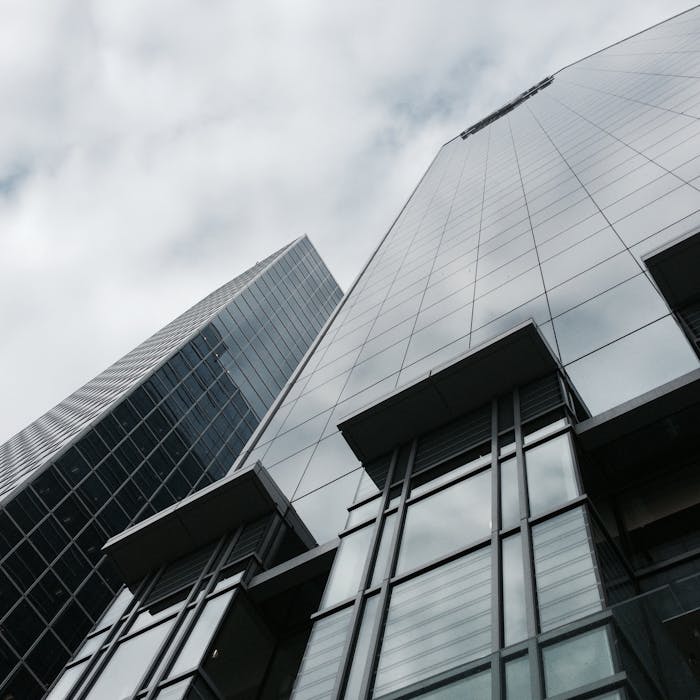Accidents in Public
Accidents in public places can happen at any time and often result in injury. These incidents can occur in a variety of settings, from streets and pavements to shops and restaurants. If you’ve been injured in a public place due to someone else’s negligence, you may be entitled to compensation. Understanding what constitutes an accident in public and knowing your rights can be crucial in pursuing a successful claim.

Types of Accidents in Public
Here are some of the most common types of accidents that can occur in public places:
Slips, Trips, and Falls on Pavements – Pavements and walkways should be kept in a safe condition by the local authority. However, defects such as broken paving slabs, uneven surfaces, or potholes can cause serious trips, slips, or falls. If you’ve been injured because of these hazards, you may have a valid claim against the responsible authority.
Falls in Public Premises – Accidents like slipping on a wet floor in a supermarket or tripping over an obstacle in a restaurant can lead to severe injuries. Owners and occupiers of public premises have a legal duty to ensure their property is safe for visitors. If they fail to do so, and you’re injured as a result, you may be able to claim compensation.
Accidents in Public Venues – Public venues, such as theatres, cinemas, and sports arenas, must maintain high safety standards to protect visitors. Accidents can occur due to poor maintenance, inadequate lighting, or even overcrowding. Injuries sustained in such venues may entitle you to compensation if negligence can be proven.
Accidents in Shops and Supermarkets – Retailers are required to keep their premises safe for customers. This includes cleaning up spills, ensuring aisles are clear, and maintaining safe flooring. If you’ve been injured in a shop or supermarket due to a failure in these areas, you could have grounds for a claim.
Accidents in Restaurants and Cafes – Injuries in restaurants and cafes can happen due to wet floors, broken furniture, or unsafe environments. Business owners must ensure that their premises are safe and hazard-free. If you suffer an injury due to negligence, you may be able to claim compensation.
Accidents in Parks and Recreational Areas – Public parks and recreational areas should be maintained by the local authority or responsible body. Hazards such as poorly maintained paths, damaged playground equipment, or fallen branches can cause injuries. If these hazards result in an accident, you could be eligible to make a claim.
Types of Public Premises Where Accidents Can Occur
Accidents can happen in various public settings. Here is a list of common public places where injuries may occur:
– Pavements and Walkways
– Shops and Supermarkets
– Restaurants and Cafes
– Theatres and Cinemas
– Parks and Playgrounds
– Sports Venues
– Car Parks
– Public Transport Stations
– Government Buildings
– Hospitals and Medical Centres
– Hotels and B&Bs
Premises and Local Authority Responsibilities in England and Wales
Under UK law, both public premises owners and local authorities have a duty to ensure the safety of the public. This is governed by several key pieces of legislation:
– Occupiers’ Liability Act 1957: This act requires occupiers of premises to take reasonable care to ensure that visitors are safe while on their property. If a visitor is injured due to the occupier’s negligence, they may be liable for damages.
– Health and Safety at Work etc. Act 1974: This act imposes a duty on employers, including those operating public premises, to ensure the health and safety of both their employees and members of the public who may be affected by their operations.
– Highways Act 1980: This act places a duty on local authorities to maintain public highways, including pavements, in a safe condition. If they fail to do so, and an injury occurs, the authority may be held liable.
– Local Authority Duties: Local councils are responsible for the maintenance of public spaces such as parks, playgrounds, and pavements. If an accident occurs due to a lack of maintenance, the council may be responsible for compensation.
How to Make a Claim
If you have been injured in a public place, the process of making a personal injury claim will vary depending on the location and responsible party. Here’s how you can proceed:
Public Authority Route
If your injury occurred on public property, such as a pavement or park, your claim would typically be made against the local authority. The process involves:
1. Reporting the Incident: Immediately report the hazard to the local authority.
2. Gathering Evidence: Take photographs of the accident scene, the hazard that caused your injury, and obtain witness details if possible.
3. Medical Attention: Seek medical treatment and keep all records of your injuries.
4. Legal Action: Contact Daniel Taylor Solicitors to help you file a claim against the local authority.
Public Premises Route
If your injury occurred in a shop, restaurant, or similar premises, your claim would be against the business owner or occupier. The process involves:
1. Reporting the Incident: Report the accident to the staff and ensure it is recorded in the accident logbook.
2. Gathering Evidence: Collect evidence, including photos of the scene, witness statements, and any CCTV footage.
3. Medical Attention: Visit a doctor and document your injuries.
4. Legal Action: Engage Daniel Taylor Solicitors to pursue a claim against the premises’ insurance.
The 4 Stages to an Accident in Public

Instruct Us
We’ll assess your claim free of charge and give you an idea of the likely outcome. If we are confident, we will advise you of your prospects and what we will do.

Investigation
We will then proceed with a thorough investigation of the accident, gathering evidence and speaking to witnesses, and consulting with medical experts if necessary.

Claim Submission
We will submit your claim through the local authority or premises insurance company outlining the details of your case and the compensation being sought.

Negotiation & Compensation
We’ll negotiate with the other party on your behalf to secure the best settlement and if necessary, prepare steps to take it to court. Once your claim is successful you’ll receive compensation.



